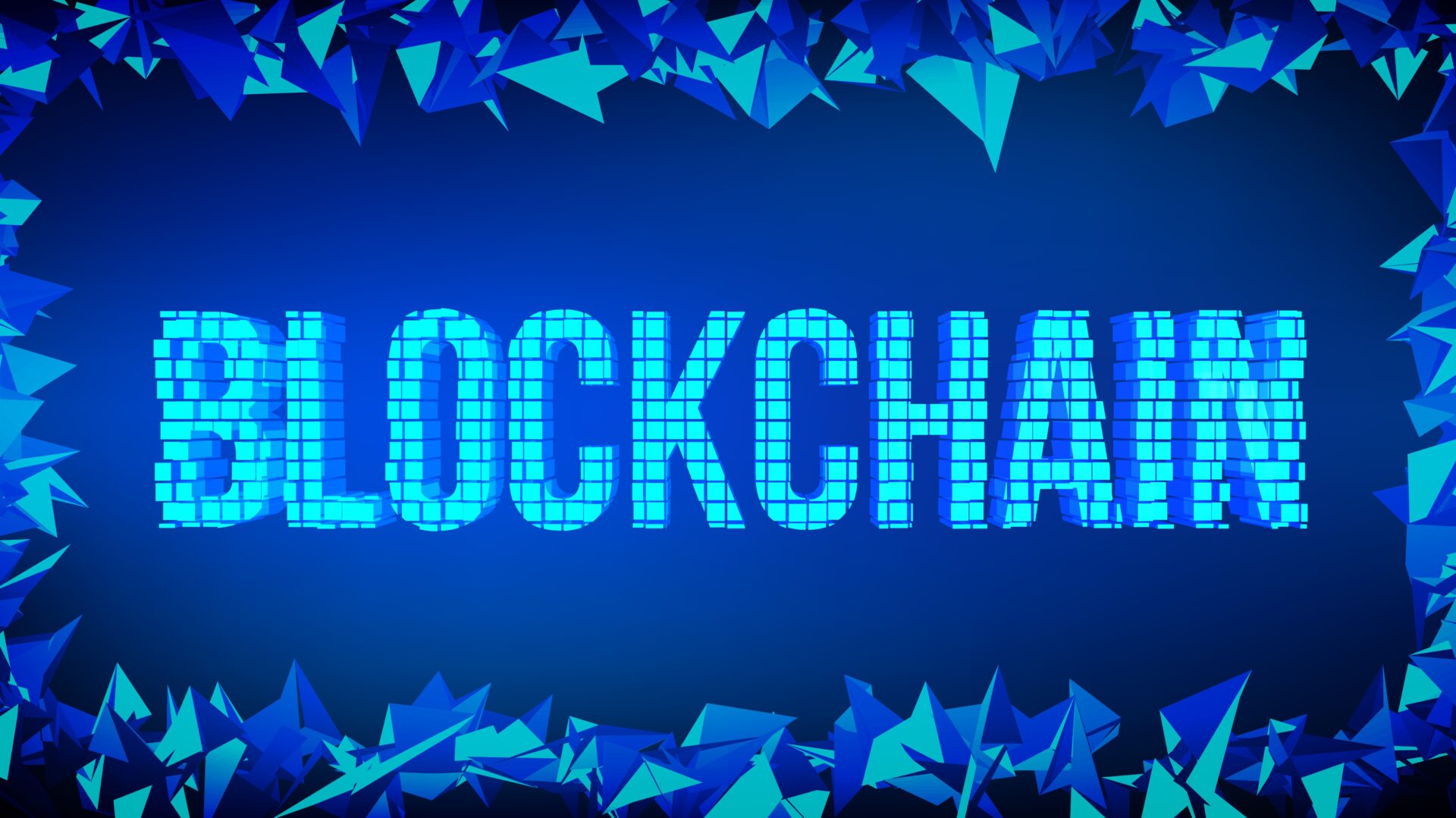
Understanding Blockchain Technology: Unleashing the Power of Decentralisation
In the realm of modern technology, few innovations have captured the imagination and potential for transformation quite like blockchain. Initially known as the underlying technology behind Bitcoin, blockchain has evolved far beyond its cryptocurrency origins.
Blockchain now stands as a groundbreaking solution with the potential to revolutionise various industries, from finance to supply chain management and beyond.
Did you know Bitcoin was the first example of blockchain in action so without blockchain, there would be no Bitcoin?
What is Blockchain?
At its core, blockchain is a decentralised digital ledger that records transactions across multiple computers in a way that is secure, transparent, and resistant to modification. Each block in the chain contains a timestamp and a link to the previous block, creating a chronological and immutable record of all transactions.
Key Benefits of Blockchain Technology
Enhanced Security: Blockchain uses advanced cryptographic techniques to ensure that once a transaction is recorded, it cannot be altered retroactively without altering all subsequent blocks. This makes it highly secure and tamper-resistant, reducing the risk of fraud and unauthorised activities.
Transparency and Trust: The decentralised nature of blockchain means that transactions are recorded on a public ledger accessible to all participants in the network. This transparency builds trust among users and eliminates the need for intermediaries, potentially reducing costs and improving efficiency.
Improved Efficiency and Speed: Traditional financial transactions often involve multiple intermediaries and can take days to settle. Blockchain technology allows for near-instantaneous transactions directly between parties, cutting out intermediaries and streamlining processes.
Traceability and Accountability: In supply chain management, blockchain enables the tracking of goods from their origin to the end consumer. This traceability enhances accountability and can help verify the authenticity and ethical sourcing of products.
Cost Savings: By eliminating intermediaries and automating processes, blockchain can significantly reduce transaction fees and operational costs across various industries.
Decentralisation and Resilience: Unlike centralised systems that are vulnerable to single points of failure and cyberattacks, blockchain operates on a distributed network of computers (nodes). This decentralisation makes it more resilient and less prone to downtime or manipulation.
While underscoring the security and transparency benefits of decentralisation, it’s crucial to mention that these attributes can vary based on specific blockchain architectures and implementations.
Real-World Applications of Blockchain
Finance and Banking: Blockchain technology is disrupting traditional banking by offering faster, more secure, and cost-effective payment solutions (e.g., cross-border transactions).
Supply Chain Management: Companies are using blockchain to track and authenticate goods across complex supply chains, improving transparency and combating counterfeit products.
Healthcare: Blockchain enables secure sharing of electronic health records, ensuring patient privacy while improving data accuracy and accessibility.
Voting Systems: Blockchain-based voting systems can enhance the integrity and transparency of elections by providing a verifiable and tamper-proof record of votes.
Looking Ahead: The Future of Blockchain
As blockchain technology continues to evolve, its potential applications are limitless. From revolutionising how we conduct financial transactions to transforming industries through enhanced transparency and efficiency, blockchain is poised to redefine the way businesses and societies operate in the digital age.
The future of blockchain holds promise for scalable, interoperable, and regulated systems that integrate with emerging technologies. It aims to revolutionise industries through enhanced transparency, efficiency, and decentralised applications while addressing environmental concerns and improving user accessibility and experience. As regulatory frameworks evolve and innovations in consensus mechanisms emerge, blockchain is poised to transform global transactions, data management, and trust mechanisms in digital ecosystems.
